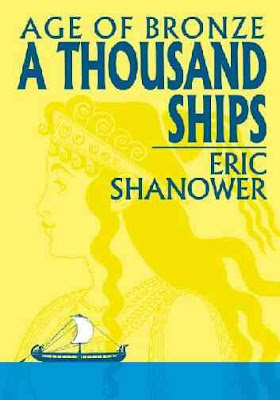Please dress before you come to school.Our summer reading requirement is similarly open to individual choice, and one of the pleasures of a new school year is finding out what our students chose to read over the summer. Each literature teacher has a method of assessing students' summer reading. Most ask for a list with evaluations, recommendations and other thoughts about each book read; some ask for the first essay about one of the four selections. Clearly, each student has her or his own set of Ps for evaluating a book.
Some students made connections from a book plot to another medium.
Pride and Prejudice is a great classic tale of the importance of love and the ability to believe beyond one's own prejudices. The story was really confusing for me to follow, at first, but once I adjusted to the language and expressions, I loved reading about the romance, and it kind of reminded me of a modern Lifetime movie.Other choices evoked strong negative reactions to people and prose, giving proof to the adage "For every book a reader, and for every reader, a book." But not all books for all readers.
I saw this book in a bookstore and liked the title/cover/back of the book. This book got excellent reviews. Those reviews must have been written by depressed, bitter, divorced women who enjoy reading about some pathetic lady who realized in her late 30's what a failure her life has been. I don't really suggest this book unless you have given up on life and are middle aged and divorced and want to feel a little better about yourself.or
This was a boring book. The concept was a really good idea, but it was not executed in a thoughtful way. The author wrote as though she had never written before with lines like "he wrote his name with his left hand, he was left handed." I would not recommend this to anyone over the age of ten.
Students know what works for them, and why they read. It's especially exciting when a student really enjoys a book in an unfamiliar genre. This fantasy and action novel reader has now discovered good historical fiction:
I like how the author put this book together [Genghis: Birth of an Empire] together, not in a biography or a history lesson, but as a story, with a plot and characters, which seemed fictitious, but did in fact exist. It felt like you were reading just for the story, and not for the history. I know the author kept me reading!
And isn't that the whole point?
Free choice in summer reading ROCKS!!














